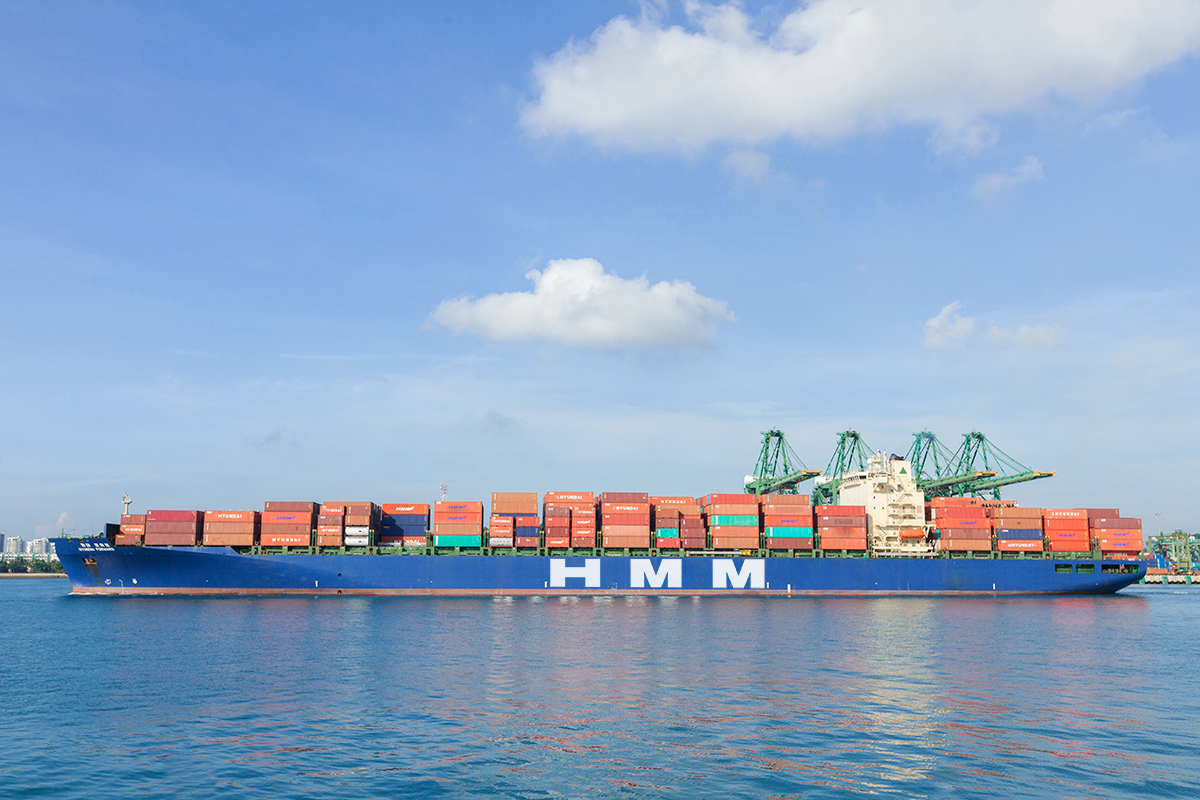 |
(HMM) |
South Korea’s largest shipper HMM may be headed for its first labor strike, stoking fears of a major disruption in maritime shipping.
Following a vote by longshore workers in favor of a walkout on Tuesday, remaining staff at the company will decide whether to join the collective action in a poll next Monday.
Demanding steeper pay raises, the unionized workers say they will not just stay away from work, but may just quit the company en masse if their demands are not met.
On Tuesday, HMM’s management pressed the union to cancel the strike plan, saying it could lead to hundreds of millions of dollars in damages and devastate small- and medium-sized exporters.
An HMM spokesperson said Tuesday that financial damages could reach up to $580 million for the South Korean shipper and foreign shippers in the alliance, should a labor strike take place for three weeks.
“The estimate damage is a sum between financial losses at HMM from being unable to operate our own ships and damage claims that could be filed against other shippers who use our ships,” the HMM spokesperson said.
On Monday, 88 percent of 453 HMM’s longshore workers voted in favor for a walkout plan.
To express their determination, the unionized sailors plan to submit a letter of resignation on Wednesday, they said, and consider moving over to Swiss-based shipping company MSC, which recently started hiring sailors.
Experts warn that a labor strike at HMM could potentially dampen South Korea’s exports which are making a strong rebound from the pandemic.
South Korea’s exports for July jumped 29.6 percent from the previous month and reached a record-high $55.4 billion, according to data from the Ministry of Trade Industry and Energy.
It could be especially detrimental to small- and medium-sized exporters, according to experts, which already are having trouble finding ships to deliver their products.
“Large companies have contracts with multiple shippers, but small- and medium-sized companies depend heavily on HMM. They are going to have a hard time finding an alternative,” said Park Keun-sik, a professor at Chung-Ang University’s Department of International Logistics.
“Freight expenses are usually paid later, and if land-based workers join in the strike there will be no one to handle paperwork. This could delay payment for exporters and potentially cause cash flow problems for companies -- both large and small. It could have a negative effect on the country’s economy.”
Following the collapse of Hanjin Shipping in 2017, HMM is the only shipper running a large fleet of container carriers in the country, which relies on maritime shipping for over 90 percent of its international trade.
On Monday, the Ministry of Oceans and Fisheries formed an emergency task force to prevent any potential disruptions in freight shipping. The ministry also said it would persuade the two sides to engage in last-minute talks to avert the stoppage.
Rep. Song Young-gil, chairman of the ruling Democratic Party of Korea, said while pledging efforts to prevent the strike, it is time for the shipper to look after its employees, as it has pulled off a successful turnaround, amassing nearly 2 trillion won in net profits.
By Kang Jae-eun (
kang.jaeeun@heraldcorp.com)








